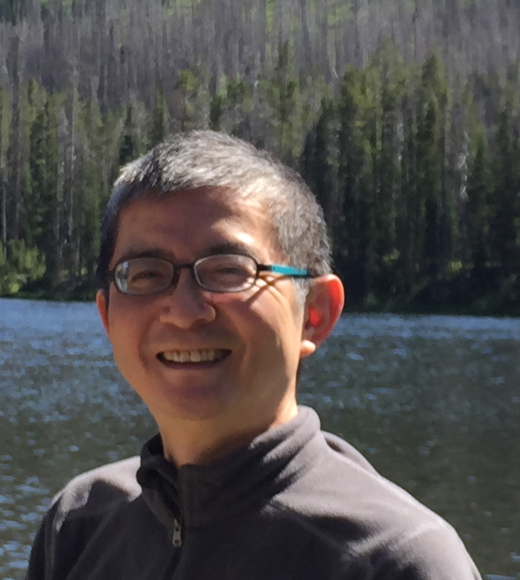
Position Title
Professor Emeritus
Position Title
Professor Emeritus
- Neurobiology, Physiology and Behavior
- Center for Neuroscience
- Pathology and Laboratory Medicine
Bio
